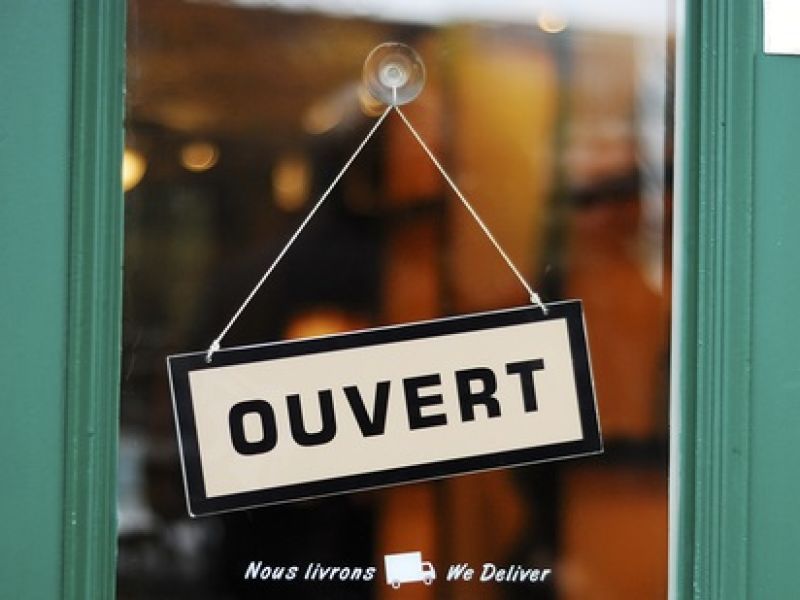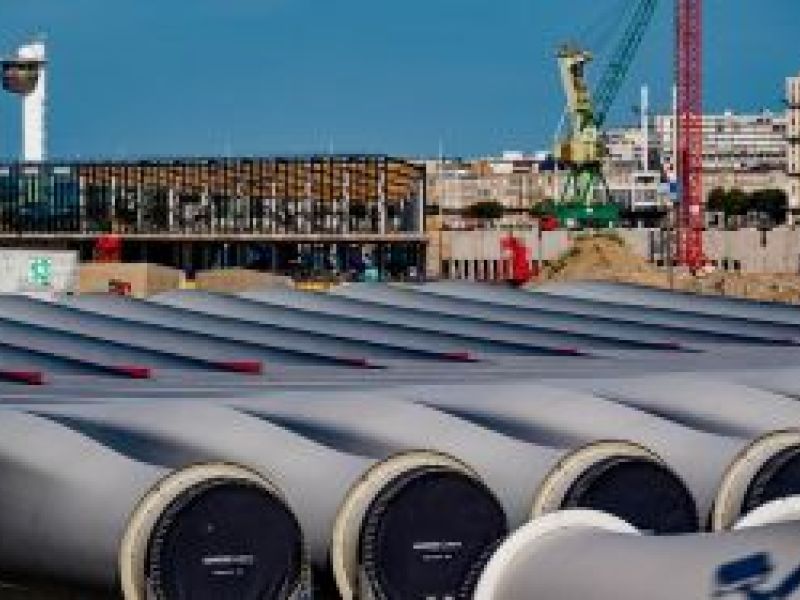Emmanuel Macron has presented the Chinese Premier Xi Jinping (pictured) with an elite French cavalry horse - the latest sign of a shift in allegiances for the world’s most populous nation.
The eight-year-old stallion, named Vesuvius, was presented to the Chinese Premier at the start of a three-day visit to China. Macron is the first world leader to visit the country since Xi consolidated his power at the Communist Party conference in October.
One official described the gift as a “symbol of French excellence”. Elsewhere, a French expert from the China Development Research Centre said that the gift was likely a reference to the popular Chinese legend of the ‘thousand mile horse’, symbolising France’s desire for a long and prosperous relationship.
Macron further endeared himself to China by praising China’s commitment to the Paris climate agreement, and making a subtle jab at Donald Trump. The French President grappled with the Chinese for ‘Make the planet great again’ on national television, winning plaudits on social media.
The move represents another power play by Macron, who has tried to balance a desire for stronger business connections with protectionism at home. He opted to use his New Year’s message to call for a stronger European Union, and has recently passed restrictions on Chinese investment in French tech firms, a burgeoning area of the economy.
Related article: Start a Business in France in 8 Steps
France and China have had a rocky relationship at times. Tensions mounted when the Beijing Olympic torch relay was disrupted in Paris by Tibetan protesters; and again in 2009, when then-President Nicolas Sarkozy met the Dalai Lama. Going even further back, François Mitterrand drew criticism in the 1990s for selling military hardware to Taiwan.
In recent years, however, Chinese investment in French companies has been growing rapidly. China has invested heavily in luxury products, aerospace, energy and specialist machinery, all French specialities. The Macron visit meanwhile has already led to billions of dollars in deals, including French products on Chinese retailer JD.com, and a major aeroplane contract.
For the UK, this new relationship may mean that their own horse has bolted. The British government made a substantial effort to build relationships with China under Prime Minister David Cameron, sourcing investment for projects such as Hinkley Point C, a new £20bn nuclear power plant. The UK boasts the second highest level of Chinese investment in Europe, totalling around $17 billion.
A combination of Brexit and Cameron’s resignation seems to have slowed progress, however, and has seen China explore other options. Prime Minister Theresa May has already cancelled one visit to China, and is set to meet with Premier Xi for the first time later in January.
Related article: Business Brexit - How to relocate your business to France
For its part, the UK has not given up on China, and still sees the global superpower as a key trade partner after Brexit. UK Trade Secretary Liam Fox has made two official visits to the country, and the UK has announced £25bn of funding for China’s Belt and Road foreign infrastructure programme.
It remains to be seen which of the two countries is most successful. While leaving the EU will make UK investments less attractive, the UK will likely be more flexible in its efforts to court Chinese business. The UK is certainly less likely to turn down major tech acquisitions, as the sale of Arm Holdings in 2016 ably demonstrates. Macron’s advantage may come from his role as a European figurehead. With Angela Merkel still struggling to form a government in Germany, he will be keen to position himself as her natural successor on the global stage. His latest generous diplomatic offering of loaning the Bayeux tapestry to the UK will soften the blow to the Brits who are struggling to negotiate trade deals with Brexit, and should he manage to divert Chinese investment from the United States while reforming the Eurozone, it could only be of benefit to businesses across Europe.
We’ll endeavour to keep you up to date on the latest details from France and China. For more information on starting a business in France or opening a company in China, opening a business bank account, or our tax planning, payroll and accounting services, just call us on +33 (0) 1 53 57 49 10 or email us via our contact page.







